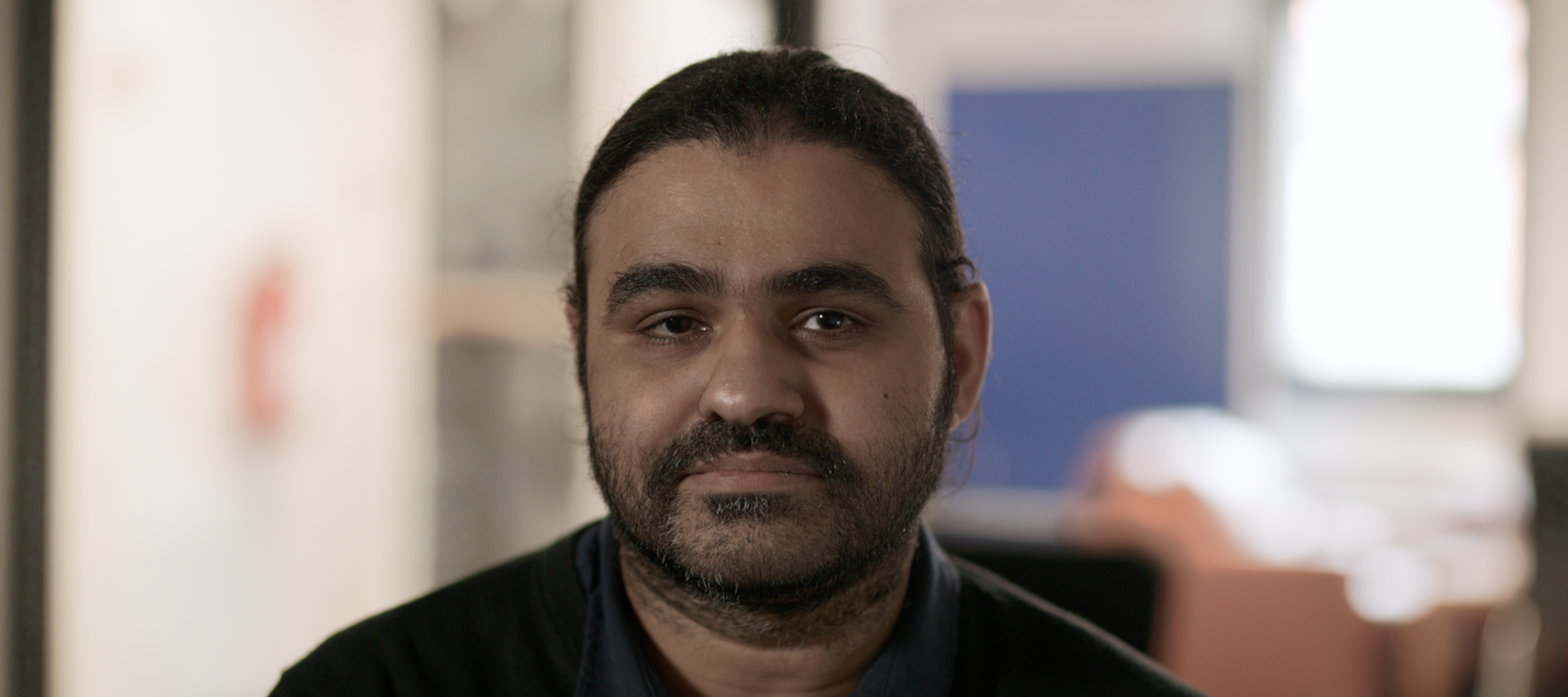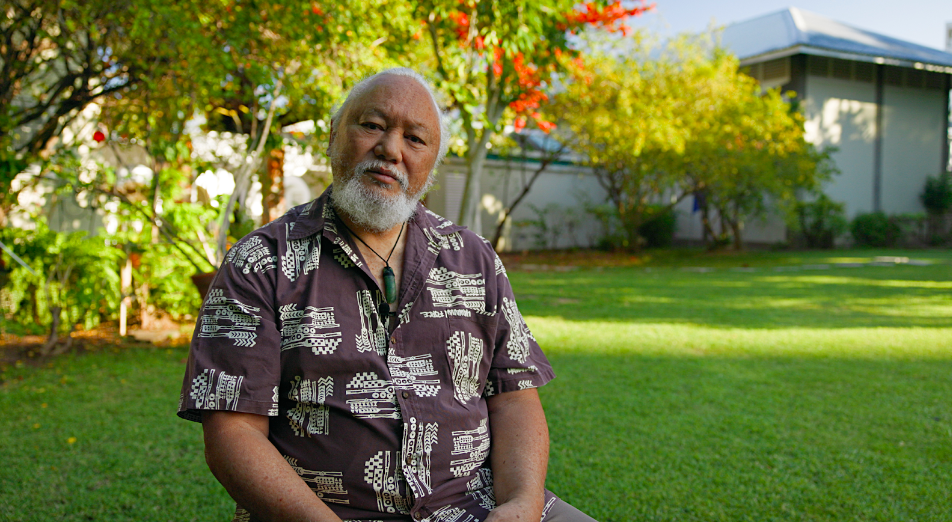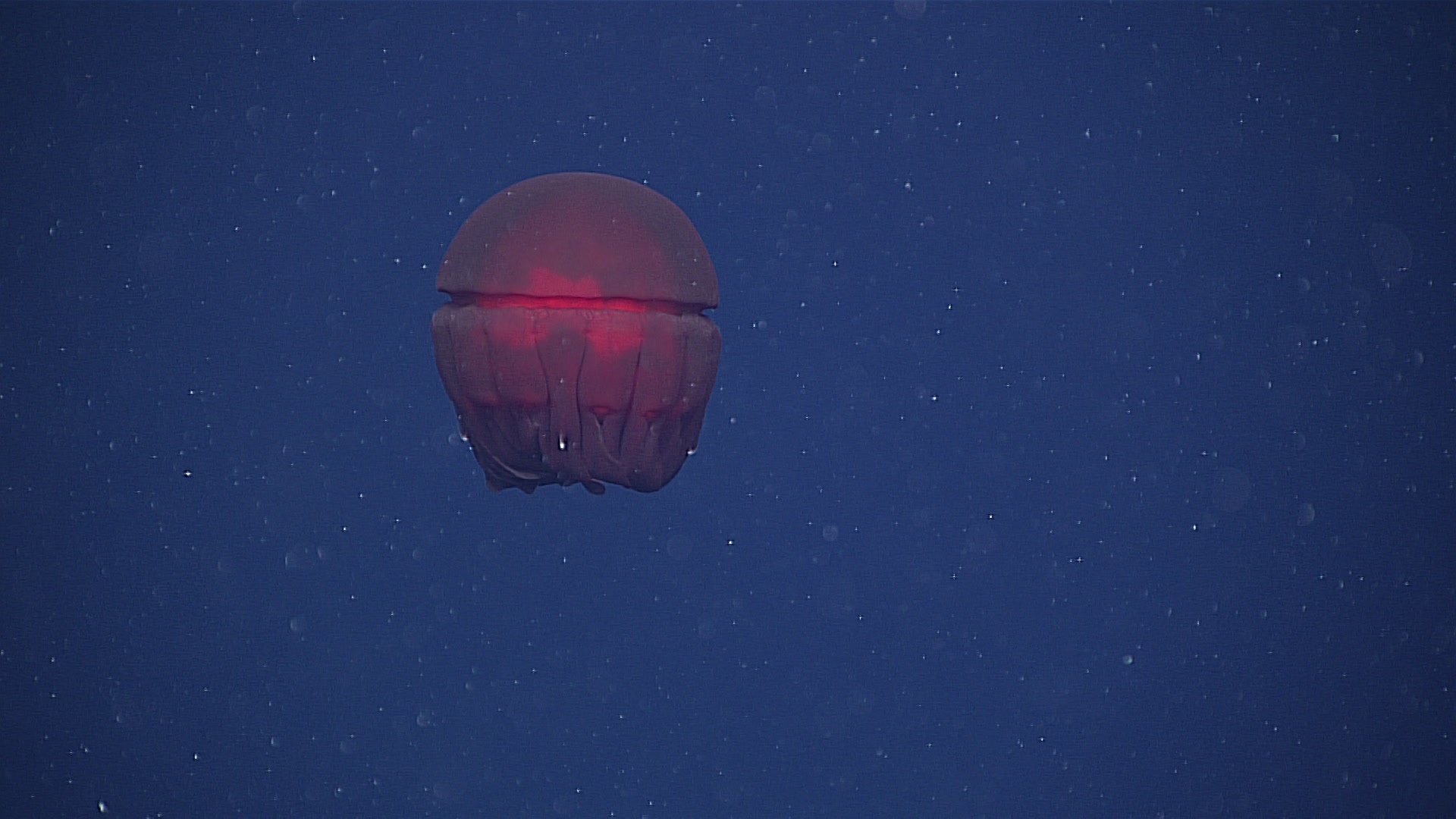By Pradeep Singh, Fellow, Research Institute for Sustainability – Helmholtz Center Potsdam
Alongside growing interest among some to mine the deep seabed for mineral deposits, the voices of concern are also getting louder. Many oppose the philosophy behind the activity and call for greater circumspection in light of the enormous uncertainties and risks involved. Environmental impacts are expected to be large-scale and irreversible on human time-scales, and there are also other serious concerns ranging from equity and liability to transparency and accountability.
The broad regulatory framework governing human activities at sea, covering intended mining activities in seabed areas within national jurisdiction and beyond, is found in the UN Convention on the Law of the Sea (UNCLOS) 1982. Under international law, states owe a universal obligation to protect the marine environment and ensure that any activities at sea under their jurisdiction or control do not exceed unacceptable levels of harm.
While several countries have indicated interest in mining the deep seabed within the continental margin under national jurisdiction, commercial scale exploitation is yet to take place. Resistance is growing within the domestic settings of those jurisdictions, and attempts to carry out deep seabed mining within national jurisdictions have not been successful. For example, a mining endeavour failed to take off in Papua New Guinea, leaving the country in significant debt. In New Zealand, courts have intervened to halt proposed plans.
Even though coastal states have sovereign rights to explore and exploit seabed mineral resources, these rights are not absolute. States must meet their domestic policies and national regulations, as well as obligations under international law and regional arrangements. The governments of coastal states planning to mine seabed areas within national jurisdiction can and must be held accountable for such decisions, domestically and internationally. At the very least, these states that decide to push ahead now, despite the overwhelming evidence of risk and clear words of caution from science, should not be allowed to label themselves as ocean or blue champions in disguise.
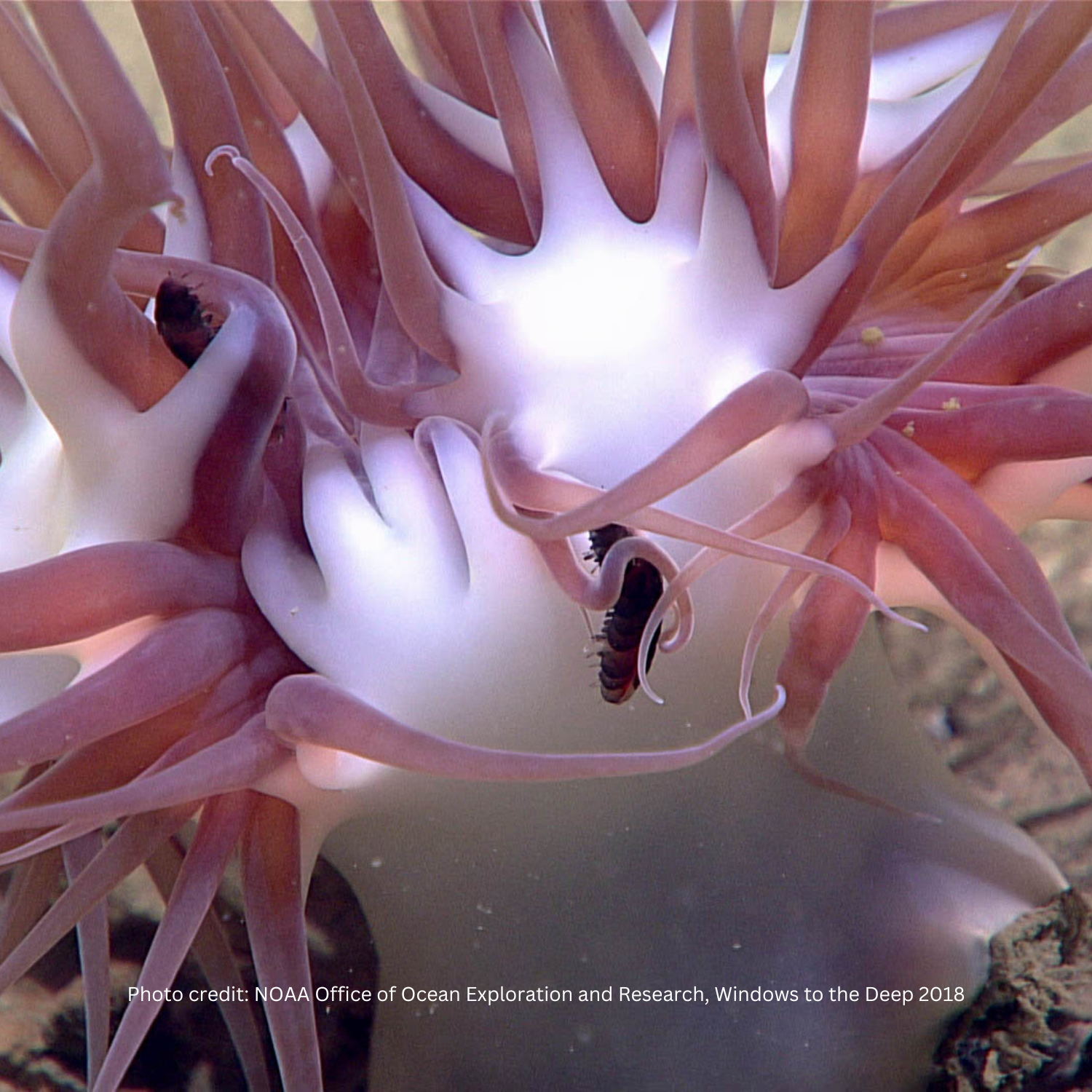
These states that decide to push ahead now, despite the overwhelming evidence of risk and clear words of caution from science, should not be allowed to label themselves as ocean or blue champions in disguise.
Pradeep Singh
There is also currently a push for mining on the international seabed. Mineral resources in these areas are the common heritage of humankind under UNCLOS. They fall under the remit of a multilateral organisation entrusted to act on behalf of and for the benefit of humankind as a whole – the International Seabed Authority (ISA).
The push is led by the Republic of Nauru, which made use of a treaty provision and submitted a request to the Authority to adopt exploitation regulations by 9 July 2023 on behalf of a locally registered entity called Nauru Ocean Resources Inc. (NORI). NORI happens to be a wholly owned subsidiary of a foreign-based entity called The Metals Company (TMC).
Although negotiations are now taking place at the 36-member state Council of the ISA, the development of regulations for exploitation is also a matter that concerns the Assembly. The Assembly is the supreme organ of the Authority, where all member states (168 countries and the EU) are represented. While the Council negotiates and adopts the regulations at first instance, the power to finalize and approve the regulations lies with the Assembly.
Even though the Council can already provisionally apply the regulations it adopts pending the approval of the Assembly, decisions taken by the Council “shall seek to promote the interests of all members of the Authority” (section 3, paragraph 5 of the annex to the 1994 Agreement). Indeed, it is difficult to picture a situation where the Council proceeds with the commencement of exploitation activities if the Assembly believes the regime is not yet ready.
Moreover, while the Council makes executive decisions and develops the specific policies of the Authority, the Assembly exercises full oversight over the work of the Authority with all other principal organs being accountable to it (Article 160, paragraph 1 of the 1982 Convention). The Assembly is also the organ that is responsible for determining the priorities and direction of the Authority, including through the establishment of general policies. The Assembly may establish the general policies of the Authority in collaboration with the Council (section 3, paragraph 1 of the 1994 Agreement), and when deciding on matters of shared competence, the Assembly shall take into account any recommendations of the Council (section 3, paragraph 4 of the 1994 Agreement).
Interestingly, in developing instruments that take the nature of general policies in the past, the Assembly did not actively engage with the Council in the development process. A primary example is the development of the five-year Strategic Plan (2019-2023) of the Authority, which is undoubtedly a policy instrument of a general nature, and which was solely debated at the Assembly. Since members of the Council are also part of the Assembly, it would seem to be incumbent upon those member states that consider it necessary to seek the views of the Council when dealing with a general policy at the Assembly to put forward a proposal to refer the matter to the Council for separate consideration.
It will be a dereliction of duty on the part of states if they fail to act now by sending a clear message that they will not allow this activity to happen just yet.
Pradeep Singh
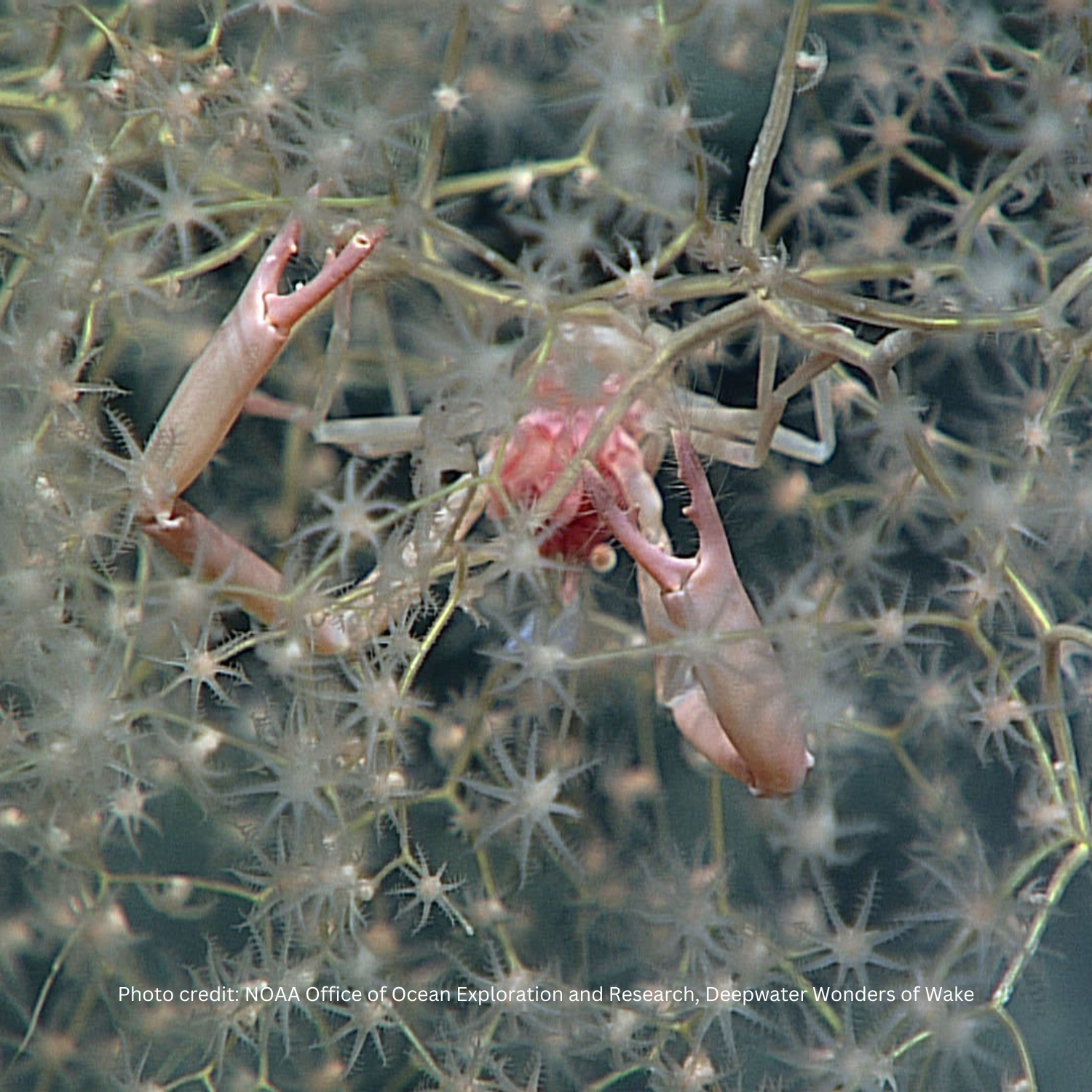
The latest scientific findings are revealing the magnitude of potential impacts of deep-sea mining to the marine environment as well as to society and human well-being. Concerns are growing, and it would seem wise to exercise restraint at this point in time. States and other actors should channel more efforts towards addressing deep-sea knowledge gaps, and in the meantime, seek to identify and promote alternative solutions to deep seabed mining.
A large and growing number of member states, intergovernmental bodies, financial institutions, scientific groups, civil society representations, non-governmental organisations and others have called for a moratorium on deep seabed mining activities, or at the very least, to press pause on the transition towards exploitation activities. The Council reached an understanding at its last meeting in March 2023 that commercial exploitation activities should not take place in the absence of regulations. The Assembly should now affirm this view through a general policy of the Authority, and ideally further elaborate on the conditions under which the Authority could consider allowing exploitation activities in the future.
Such conditions should, apart from consensus on robust regulations, include the need to close knowledge gaps through marine scientific research, to develop an overarching environmental strategy (with objectives, goals and thresholds) and a compliance and enforcement strategy, to first have necessary standards and guidelines in place, and to agree on a mechanism for the equitable of benefit-sharing, as a starting point.
While states may have the legal right to submit an application to the Authority, there is no absolute right that mining activities must take place. Permitting the Authority to be cornered into approving mining activities at the behest of private mining interests, especially in the absence of regulations, is unthinkable. Arguably, it will be a dereliction of duty on the part of states if they fail to act now by sending a clear message that they will not allow this activity to happen just yet.
This is particularly relevant given the recent successes of the international community involving the adoption of a new high seas treaty and the Kunming-Montreal global biodiversity agreement. Similarly, the international community should also take a firm stance against any expression of interests to conduct exploitation activities in seabed areas within national jurisdiction, and take every effort to dissuade those countries that are tempted to engage in such perilous activities from following through with such plans. The world’s ocean and its problems are closely interconnected, and in the treacherous case of deep seabed mining, we obviously should act more responsibly and think twice before we mine.
SIGN UP FOR OUR EMAILS AND STAY UP TO DATE WITH EJF
